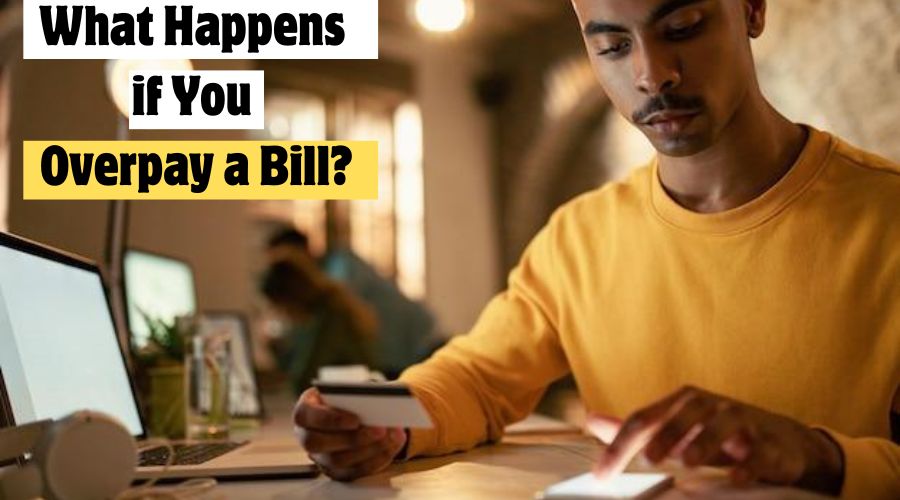What Happens if You Overpay a Bill?
You sit down to pay your credit card bill like the responsible money manager you are. But then the group chat blows up your phone at the same time your cat knocks over a glass of water or your child demands you watch them play. Distracted and harried, you send and approve a payment far and above your balance.
Mistakes like these happen. Don’t worry — you will eventually get this money back, but there’s a slim chance you run into trouble in the meantime. Let’s find out why before moving on to what you can do to sort everything out.
Withdrawals and Payments Are on Different Schedules
When you send money to your credit card, your bank will automatically take the money out of your checking account. As soon as you confirm the payment, that money will be moved, and your balance will be less that amount.
Unfortunately, it can take some time before your credit card issuer processes the payment. Depending on their internal processes, it can take anywhere between one and three business days. During that time, your credit card will still show your balance.
Balancing the Budget in the Meantime
Managing your household when you’re suddenly short on money is difficult. If you were expecting that money to help pay for other things, you might have to dip into savings to cover essential bills. For everything else, consider cutting back on spending, delaying purchases until you can sort out your mistake.
What if you need to take your cat to the vet or your car to the auto shop unexpectedly? This mix-up might make paying for these unexpected expenses harder, but not impossible. If you used your savings for essential bills, and your credit card still shows a balance, you might have luck taking out a personal installment loan.
To find out more about how personal installment loans work, check out a site like MoneyKey. You can check out a basic definition, plus a breakdown of costs to see if it’s something that fits your financial situation.
2 Ways to Handle Your Overpayment of a bill
You have two options when dealing with overpayments. Which one you choose depends on your financial situation, and how urgently you need the money in your checking account.
Option #1: Request a Refund
If you need the money you overpaid, you can call your credit card company about your mistake. They may refund you if it’s a significant payment over your balance. Unfortunately, they can’t help you until your account shows the credit, so you may have to wait to call until you see your payment online.
You may like: Navigating Your Move in Pompano Beach: DIY vs. Professional Movers
If you have a checking account with this bank, this credit will move automatically. But if you don’t bank there, you may have to wait several business days before you receive a bank draft.
Option #2: Leave it as a Credit
If you overpay by just a little amount, you can opt to leave it as a credit. This credit goes towards the next purchase you make using the account before you dip into your limit.
Avoiding an Overpayment in the Future
Overpaying a bill can cause a financial headache, especially if you rely on that cash for urgent expenses. To avoid making this annoying mistake again, set up autopayments. Automating this financial chore might eliminate the chance of human error.
Otherwise, you have to be more mindful when paying your bills. Don’t transfer money in between tasks when you’re distracted. Carve out a dedicated time in the month to pay your bills away from distractions, so you can send the right amount of money the first time.
What Happens if You Overpay a Bill?
